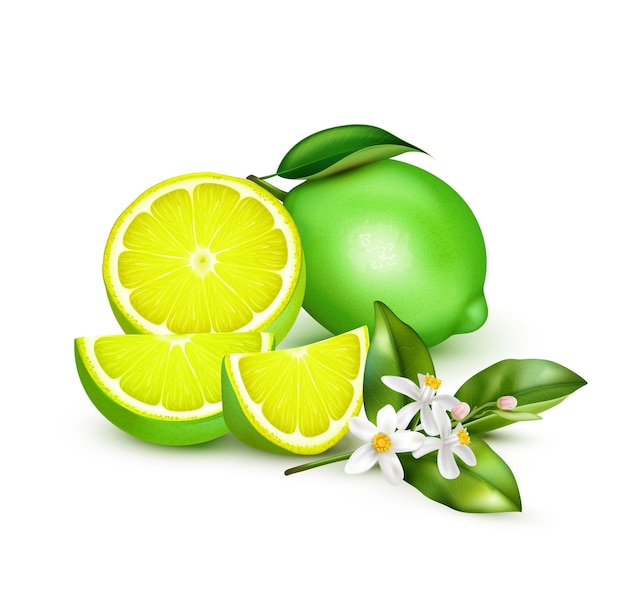Lemongrass Quick Facts
Scientific Names: There are over 50 species of lemongrass, including Cymbopogon citratus (ornamental lemongrass), Cymbopogon nardus (Citronella), and Cymbopogon flexuosus (Cochin or Malabar grass).
Family: Poaceae
Origin: India and other Asian countries.
Health Benefits: Lemongrass provides antioxidants, supports the immune system, and deters insects and other harmful organisms.
Common Uses: Cooking, tea, perfume, cosmetics, medicine, and aromatherapy.
Benefits of Lemongrass
Lemongrass is packed with antioxidants like isoorientin, orientin, caffeic acid, and chlorogenic acid, which help combat free radicals. Caffeic acid, in particular, can neutralize free radicals by up to 85 percent.
Supports the Body’s Response to Harmful Organisms
Phytochemicals in lemongrass, such as geraniol and neral, are effective against a wide range of harmful organisms. Citral, another compound, is particularly effective against Candida. Lemongrass can also combat biofilms, which are slimy colonies of organisms that adhere to surfaces, like dental plaque on teeth.
Promotes Normal Immune System Response
Lemongrass helps maintain a balanced immune response, protecting healthy cells and soothing irritated tissues. Geranial and neral, both antioxidants, influence the immune response. Citral helps by reducing the production of cytokines, proteins that cause inflammation. Together, geraniol and citral help the body detoxify malfunctioning cells.
Stomach Protection
The mucosal layer in your stomach protects it from acidic gastric juices. However, alcohol or pain relievers like aspirin can disrupt this layer. Brazilian folk medicine suggests that lemongrass essential oil can protect the mucosal layer, soothe irritated tissues, and reduce cytokine overproduction.
Encourages Normal Cardiovascular Health
Lemongrass supports heart health in several ways. Citral helps relax overstressed blood vessels, and extracts from lemongrass may promote normal levels of phenylephrine, leading to relaxed blood vessels. As an antioxidant source, lemongrass can prevent fat oxidation in arteries. Some studies also suggest it may help maintain normal cholesterol levels, though more research is needed.
Deters Insects
Lemongrass essential oil is a well-known mosquito deterrent. Citronella, derived from Cymbopogon winterianus or Cymbopogon nardus, is commonly used in outdoor candles to repel mosquitoes. Its effectiveness is comparable to chemical repellents like DEET.
Encourages Restful Sleep
If you have trouble sleeping, lemongrass might help. Studies show it can increase sleep duration, enhance dream recall, and promote restful sleep. Try using a diffuser with lavender and lemongrass essential oil in your bedroom.
Tips for Growing Lemongrass
Lemongrass thrives in regions 8 to 11 but can be grown indoors in colder areas. Start by peeling off the dry outer layers of a lemongrass stalk and placing it upright in a tall glass or jar with 1 to 2 inches of water. Keep it in a sunny spot and change the water daily for about a month until delicate roots sprout. Once the roots are 2 inches long, plant the stalk in soil, either in a container or the ground. Keep the soil well-hydrated but not soaked. In 3 to 4 months, you can start harvesting fresh stalks for tea or recipes. Prune regularly to encourage consistent harvests. To store, peel off the tough outer sheath, cut to size, and freeze in a plastic bag.
Using Lemongrass
Lemongrass is available fresh, dried, powdered, or as an essential oil. It can also be found in liquid herbal extracts or as a hydrosol. The best form depends on your intended use. Fresh lemongrass is ideal for cooking, while extracts are common in supplements, and the essential oil is used in aromatherapy.
Lemongrass Tea Recipe
Lemongrass tea is a simple and delicious way to enjoy its benefits. To make it, chop three fresh lemongrass stalks and pour 6 cups of almost-boiling water over them. Steep for at least 5 minutes and add raw honey if you prefer a sweeter taste. If using dried stalks, smash them with a tenderizer and steep for about 10 minutes.
What are your experiences with lemongrass? Do you have a favorite use or recipe to share? For more healthy recipes, check out our recipe section!

